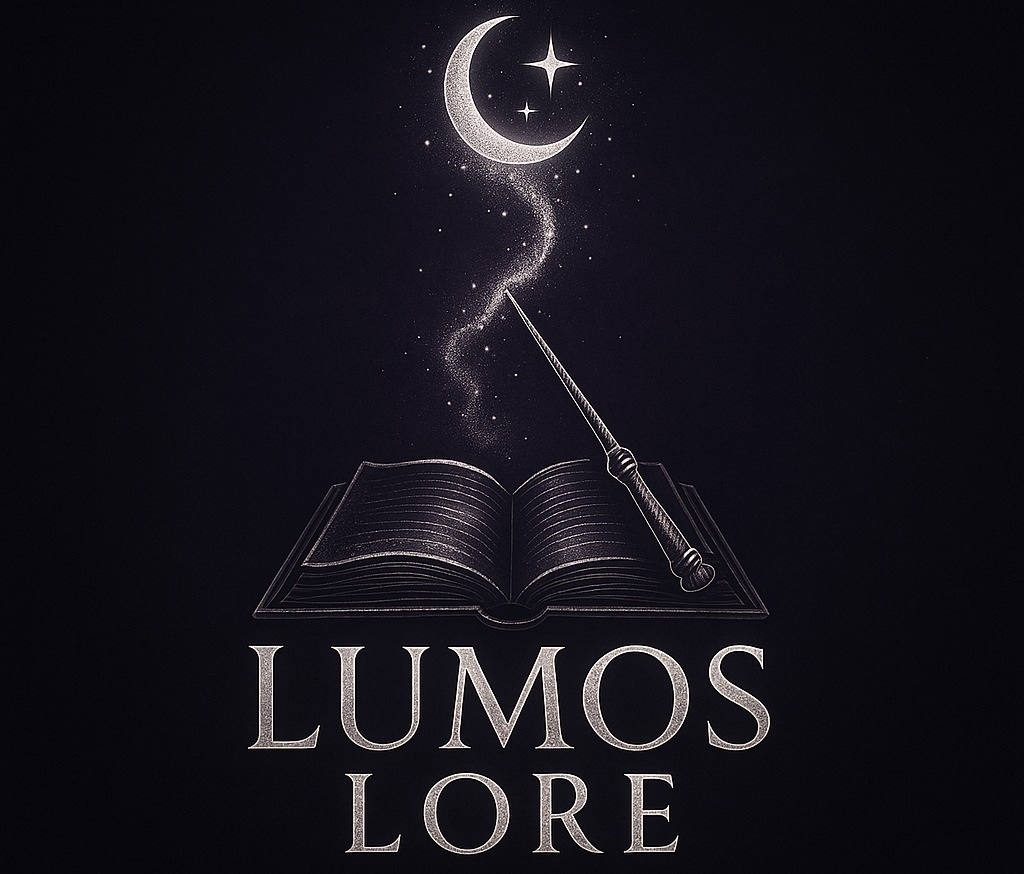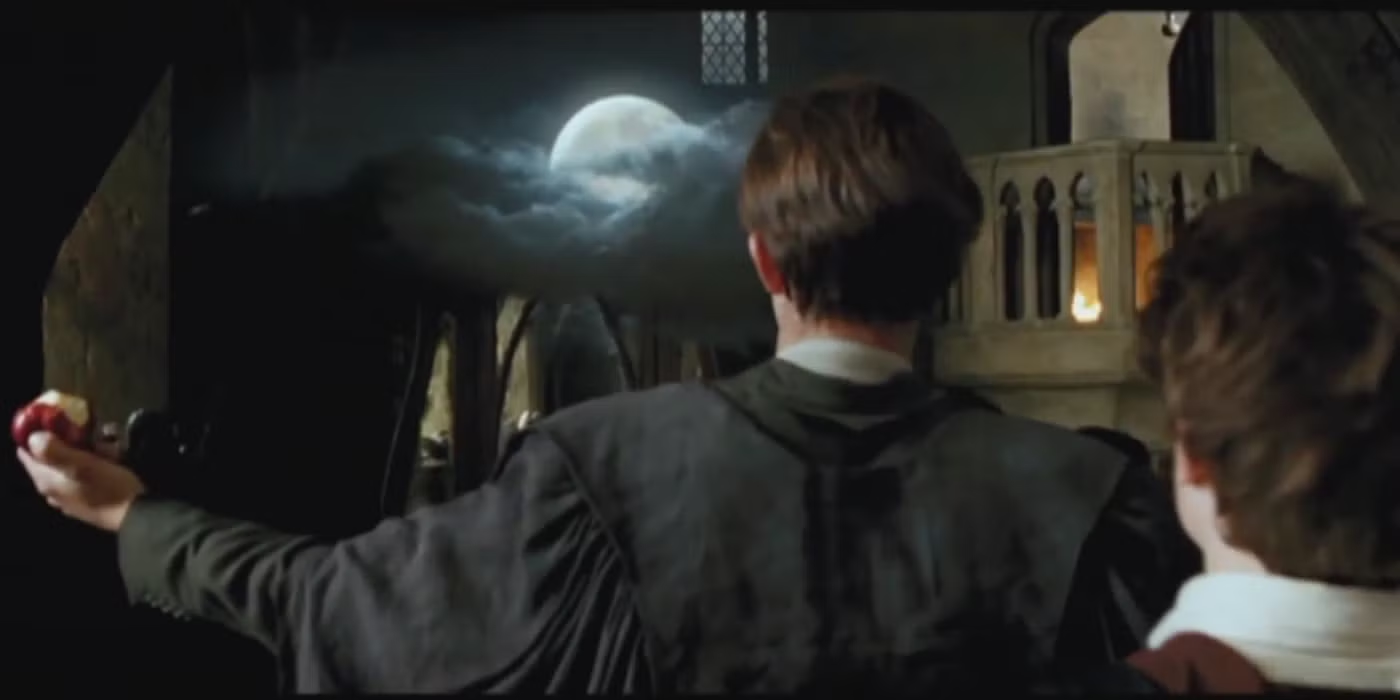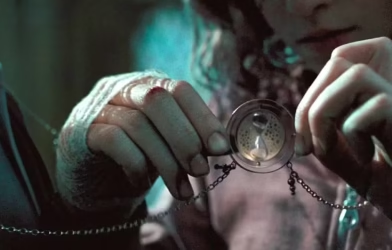Among the many richly layered characters in the Harry Potter series, Remus Lupin stands out as a symbol of quiet strength, empathy, and resilience. A man who carried a painful secret yet never allowed it to define his heart, Lupin was the embodiment of compassion in a world often quick to judge.
Let’s explore the life of Remus Lupin—the gentle werewolf, beloved professor, and brave warrior who taught us that kindness and dignity can thrive even in the darkest of circumstances.
A Childhood Marked by Tragedy
Remus John Lupin was bitten by the werewolf Fenrir Greyback as a child, a punishment aimed at his father who had offended the savage creature. From that moment on, Lupin’s life was shaped by secrecy, fear, and isolation. In a world where werewolves were viewed with deep suspicion and prejudice, Lupin’s future seemed bleak.
Yet, despite this curse, Remus remained kind, thoughtful, and emotionally mature—traits that would define his character for life.
A Place at Hogwarts
Thanks to Albus Dumbledore’s compassion, Remus was allowed to attend Hogwarts School of Witchcraft and Wizardry, where measures were put in place to accommodate his condition. He found not only a place to learn but also a group of true friends: James Potter, Sirius Black, and Peter Pettigrew—fellow Marauders who accepted him fully.
Together, they roamed the castle, supported one another, and created the legendary Marauder’s Map. Lupin’s bond with his friends gave him hope and taught him that he could be loved and accepted despite his condition.
The Professor We All Wished For
Remus Lupin made his debut as the Defense Against the Dark Arts professor in Harry Potter and the Prisoner of Azkaban. Instantly beloved by students, Lupin stood out not just for his knowledge but for the way he treated others—with patience, respect, and genuine care.
He taught students how to fight real fears—most memorably through the Boggart lesson with Harry—and never underestimated their potential. For Harry, Lupin was more than a teacher; he was a link to his parents and a source of calm guidance in a chaotic world.
Fighting with the Order of the Phoenix
Lupin’s sense of duty never wavered. He returned to the fight against Voldemort by joining the Order of the Phoenix, risking his life despite his difficult circumstances. In a society that still distrusted werewolves, Lupin volunteered to live among them, trying to sway their loyalties and give them a voice.
His quiet bravery often went unnoticed, but his contributions to the cause were immense. He was a true soldier—one who believed in the mission but also mourned the personal costs it brought.
Love, Fatherhood, and Inner Conflict
Lupin’s romance with Nymphadora Tonks was both beautiful and tragic. Struggling with feelings of unworthiness, he initially resisted her love, convinced he had nothing to offer but danger and shame. But Tonks saw past the werewolf and into the man.
Their eventual marriage and the birth of their son, Teddy Lupin, brought Remus both joy and anxiety. He feared passing on his curse and leaving his son fatherless—emotions that led to internal conflict and momentary withdrawal. Still, he returned, choosing love and responsibility over fear.
A Hero’s Final Stand
Remus Lupin died in the Battle of Hogwarts, fighting alongside Tonks in the war’s final stand. His death was sudden and heartbreaking—another casualty of a conflict he never hesitated to join. The orphaning of young Teddy mirrored Harry’s own story, a reminder of the repeating cycles of love and loss.
Though gone, Lupin’s legacy endured through his teachings, his son, and the memories of those who loved him.
Conclusion: The Quiet Strength of Remus Lupin
Remus Lupin wasn’t the loudest or most powerful figure in the wizarding world—but he may have been one of the most courageous. He bore a heavy burden with grace, never letting bitterness consume him. He chose kindness over resentment, duty over self-pity, and love over fear.
In a series filled with magical battles and grand heroes, Lupin showed us the power of empathy, quiet leadership, and enduring dignity. He was the gentle werewolf—flawed, human, and deeply noble.










